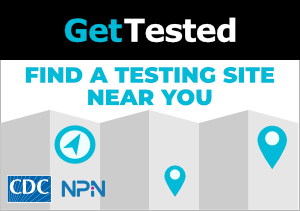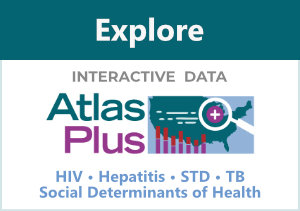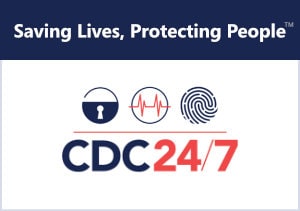What is Health Equity?
Health equity is the state in which everyone has a fair and just opportunity to attain their highest level of health. Achieving this requires focused and ongoing societal efforts to address historical and contemporary injustices; overcome economic, social, and other obstacles to health and healthcare; and eliminate preventable health disparities.1,2
Achieving health equity requires valuing everyone equally with focused and ongoing societal efforts to address avoidable inequalities, historical and contemporary injustices, and the elimination of health and healthcare disparities.
Achieving health equity also requires addressing social determinants of health and health disparities. It involves acknowledging and addressing racism as a threat to public health and the history of unethical practices in public health that lead to inequitable health outcomes. The CDC prioritizes reducing health disparities among populations disproportionately affected by HIV, viral hepatitis, sexually transmitted diseases, tuberculosis, and other related conditions.
- Office of Disease Prevention and Health Promotion. (2021, August 11). Healthy People 2020: Disparities. U.S. Department of Health and Human Services. Retrieved August 13, 2021, from https://www.healthypeople.gov/2020/about/foundation-health-measures/Disparities.
- Braveman, P., Arkin, E., Orleans, T., Proctor, D., & Plough A. (2017, May 17). What is health equity? And what difference does a definition make? Robert Wood Johnson Foundation. https://www.rwjf.org/en/library/research/2017/05/what-is-health-equity-.html.




